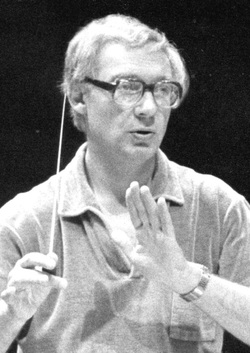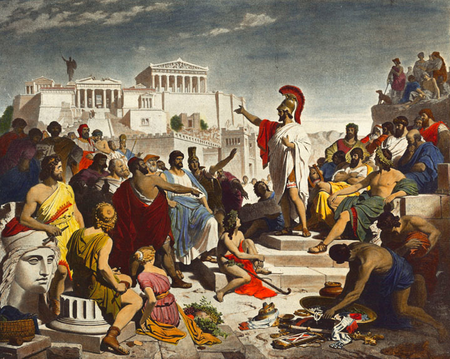Requiem Gabriel Fauré (1845-1924)
Taken from the service sheet.
Gabriel Fauré, born in 1845, was appointed titular organist a La Madeleine, Paris, in 1896 and director of the Paris Conservatoire in 1905.
Fauré started to think about the composition of a requiem in 1885 after the death of his father. Unlike Berlioz and Verdi he removed the Dies Irae sequence, which he considered over theatrical. Hence the Offertorium comes up much sooner than is usual in a requiem mass setting. He permits himself only a brief reference to the “day of wrath” in the Libera me baritone solo.
Gabriel Faure
Gabriel Fauré by John Singer Sargent [Public domain], via Wikimedia Commons"
Fauré’s Requiem happily lends itself to a liturgical performance by amateur choirs, being particularly popular with English choirs, with the organ taking the place of the orchestra. This seems to have been recognised early on its life, coinciding as it did with liturgical experimentation in the Church of England in the late 19th and early 20th centuries – experiments now adopted and sanctioned for universal use with the introduction in 1980 of the Alternative Service Book and more recently the Common Worship services. These owe their formation to the proposed 1928 Prayer Book and the English Missal (1933) and their structure, including additions to the Book of Common Prayer, fit best with Fauré’s arrangement of sections. The 1928 Prayer Book and English Missal largely formalised a variety of liturgical practices which had been used in sung Communion services previously.
The service is an act of worship, to include remembrance of the departed, and may sound something like a similar service in an English church at about the time of Faurés death in November 1924, when sections of his requiem were sung at his funeral at La Madeleine.
 |
| Faure in 1907 from Wikipedia |
:format(jpeg):mode_rgb():quality(40)/discogs-images/A-3018977-1448348040-3639.jpeg.jpg)



